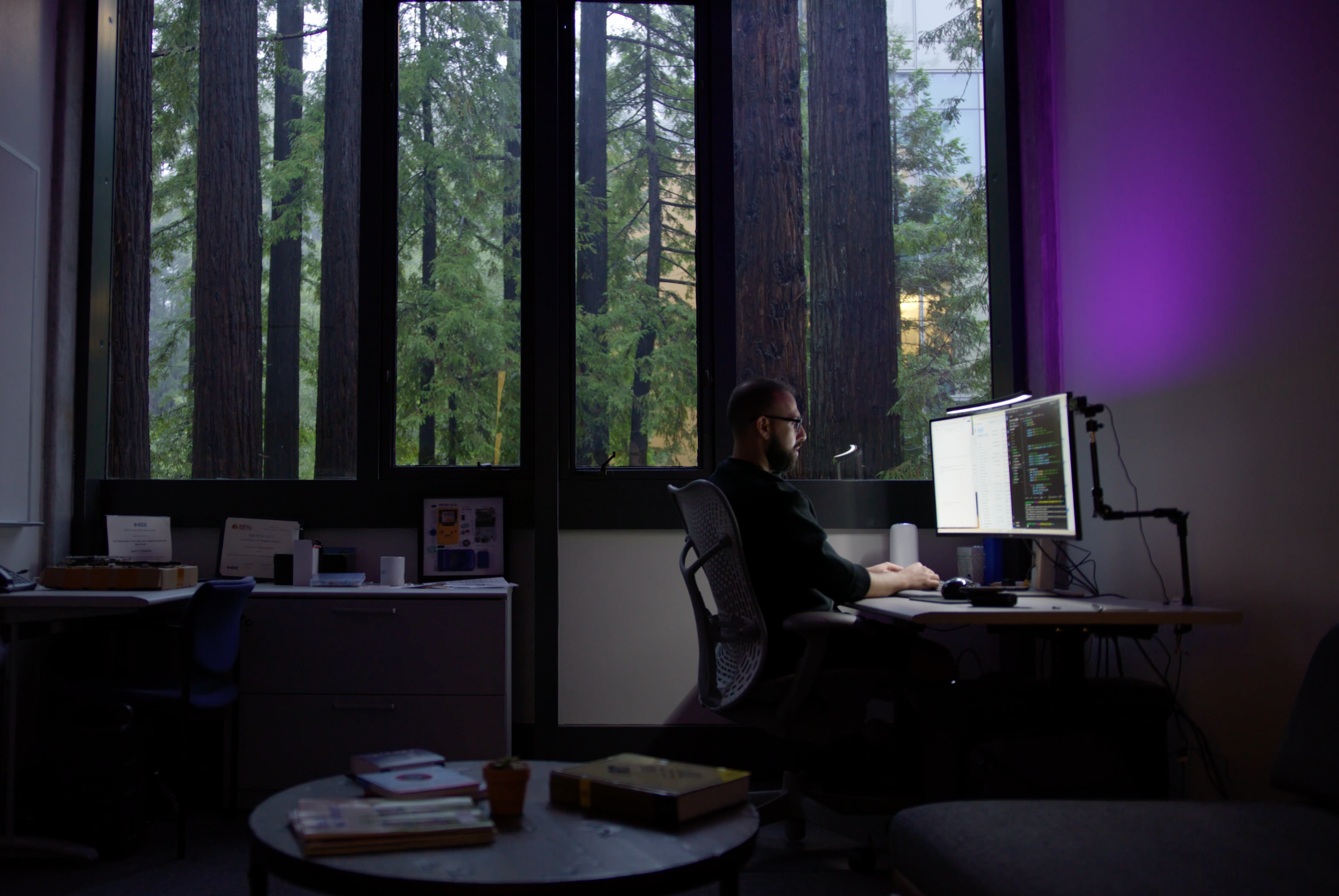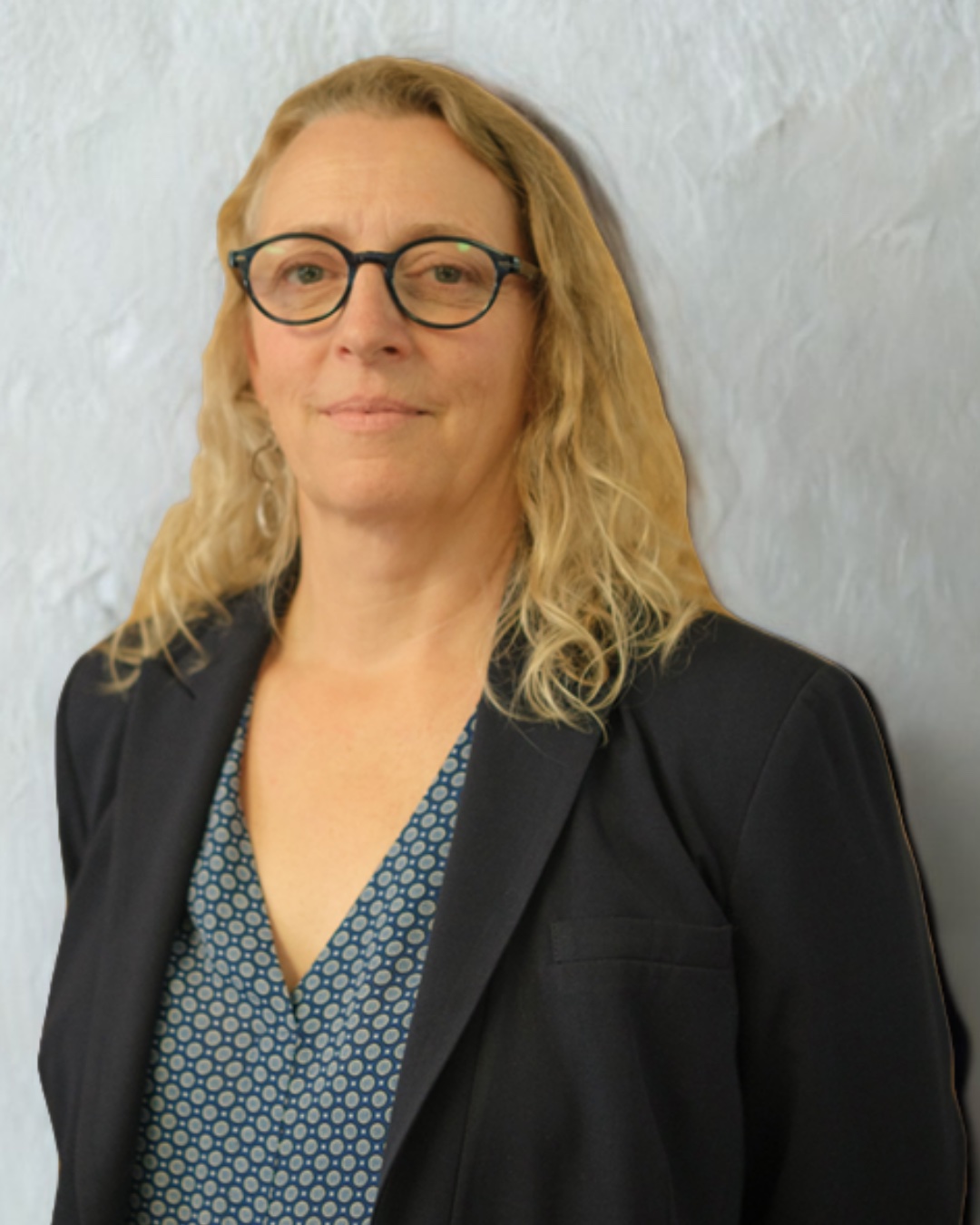
News and Events
From the newscenter
In the media
Department updates
Colloquia series
View all our 2024-2025 colloquium events. Use our past colloquium archive to see all events from the prior years.
Department public events

Unexpected Returns: The Historic Entanglements of Fire, Settlement, and Stewardship in the Santa Cruz Mountains
March 4, 2026
Institute of the Arts and Sciences







